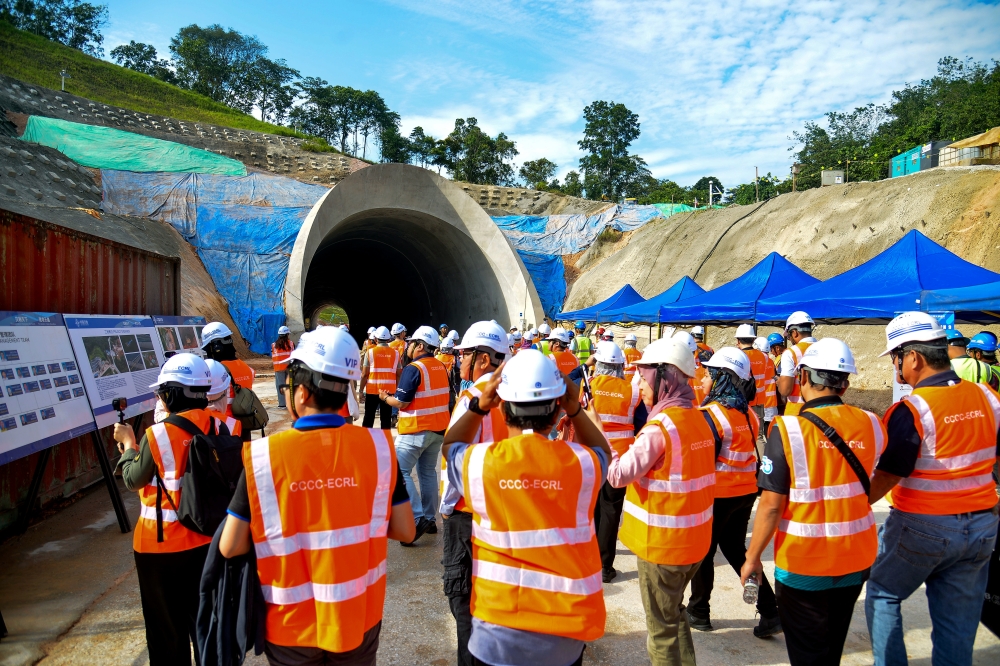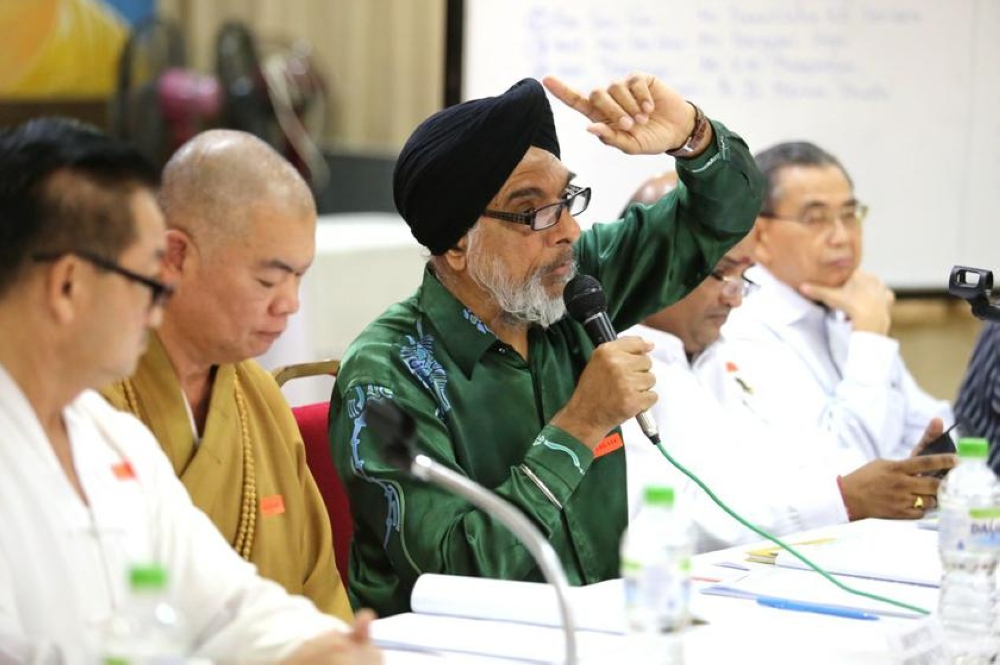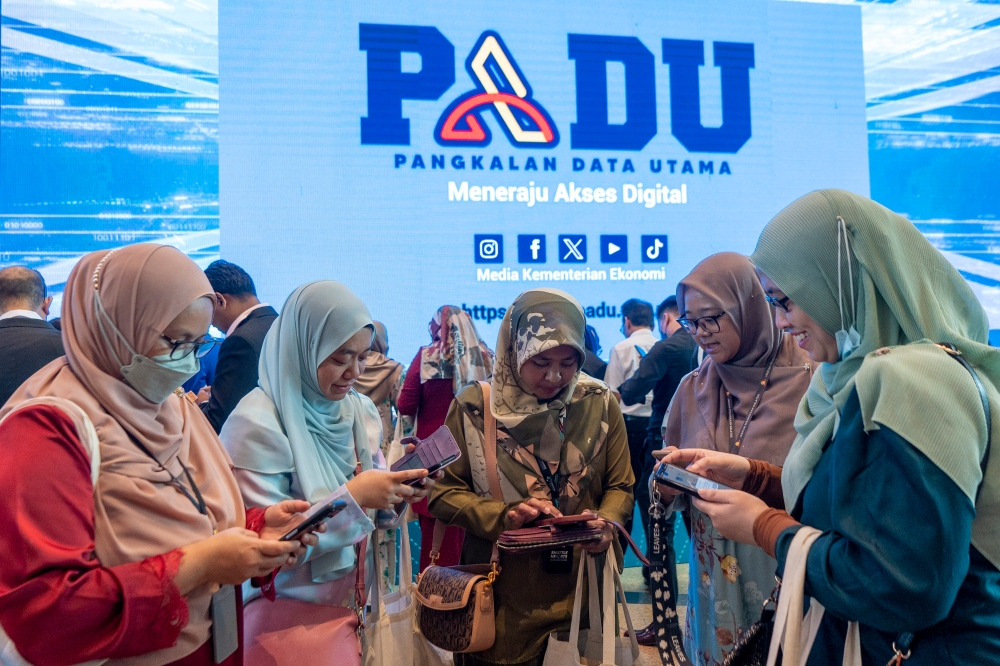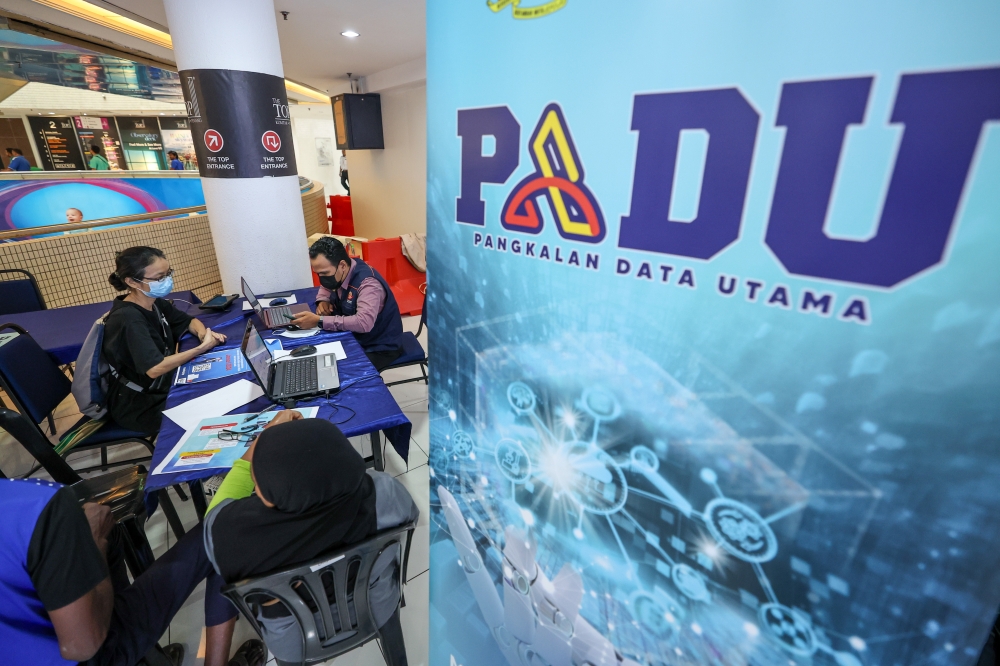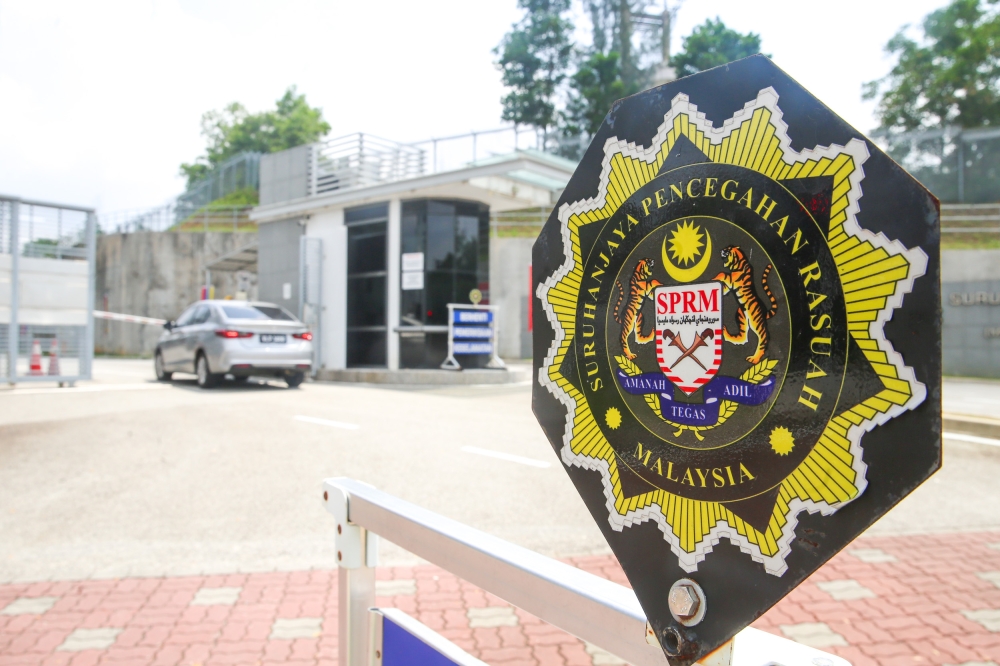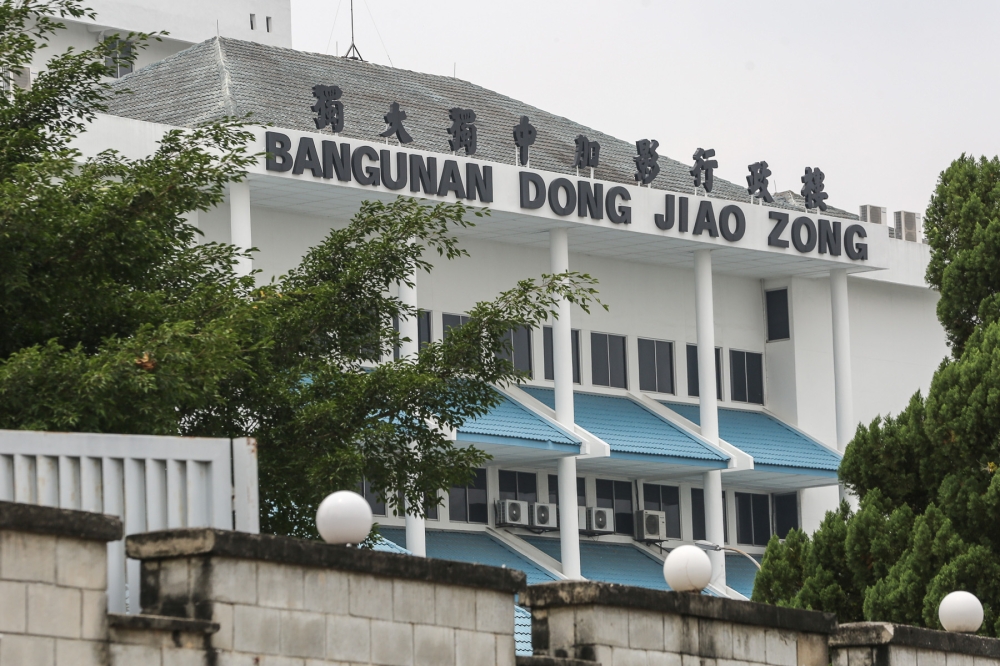KUALA LUMPUR, Feb 24 — The Penang Institute has found that Padu’s (Pangkalan Data Utama) — the more popular name for the Central Database Hub — manual registration and self-reporting to be susceptible to bias, loopholes, and leakages.
In a recently released report titled “An Inquisition into Malaysia’s Padu Subsidy Targeting and Beyond”, it noted that Padu is by far the most plausible way for the government to build a standardised database for subsidies, assistance and social protection.
It said this could reduce wastage in government spending, avoid duplication and increase the effectiveness of targeted assistance.
“This will help fight rising costs of living while closing the income inequality between the poor and the rich.”
Padu aims to be inclusive of individuals who have fallen into a policy void; for instance, informal workers or small business owners who do not receive government assistance due to lack of documentation or lack of knowledge on the various subsidy schemes available.
The informal sector, representing 8.6 per cent of the total workforce in 2021, is often overlooked in the various government policies.
According to the Department of Statistics Malaysia, there are about 3.5 million informal workers in Malaysia, of whom 57 per cent worked in the informal sector while another 43 per cent were in the formal sector.
“The data on informal workers may not be sufficiently captured in existing formal government databases.”
But the registration process required as well as the need for manual registration and updating will mean some of these individuals will remain opaque in the government’s system.
“The need to manually update the database at a stipulated time is also prone to leakages, as the government may use outdated information for aid distribution.
“To top it off, self-reporting is susceptible to biases. Reporting via this manner is prone to understatement of income and over-reporting of expenditures to maximise subsidy gain.
“Relying on self-reporting alone makes the system vulnerable to leakages, in which aid is channelled to undeserving individuals,” the Penang Institute report said.
Launched on January 2, Padu aims to centralise income and socio-economic data to enable more effective targeting of subsidies beyond income, encompassing age, gender, location, occupation, and education level.
However, Penang Institute said its initial low registration rate raises doubts about its reach and effectiveness.
Also, the report highlighted security concerns abound due to a lack of transparency surrounding data protection measures.
“There is currently a lack of mechanisms to verify the inputted data and a dearth of procedures to sort out information when inputted data differs from the official record from other agencies and existing databases.”
In its recommendations, the report said the government must move towards consolidation, such as by integrating existing databases with dynamic data gathering.
“Data consolidation should be looked at through two lenses. On one end, the government is already collecting detailed information on individuals for formal purposes from income tax records and government programmes such as housing applications and welfare assistance.
“On the other end, many Malaysians who are not tagged into the formal system, such as small business owners, self-employed individuals, informal workers, the unemployed, homemakers, the elderly, and people with disabilities are often not captured in the existing system.
“Padu should go beyond a standalone system. Hence, in our first recommendation, putting these two pieces together should form the foundation of the Padu system.”
Penang Institute further said the process should first be aimed at the formal sectors, such as by looking into integrating the existing databases.
Data consolidation across different government departments and agencies should be looked at to form a comprehensive database.
“Existing databases by the Employee Provident Fund (EPF) and Inland Revenue Board (LHDN) should already fill most of the necessary information requested by Padu ,” it said, citing that under EPF, 15.7 million members, which consists of formal employers, employees, and self-employed individuals, contain details about the employment and income of these individuals.
On top of that, the information gathered by LHDN in the Rahmah Cash Assistance Scheme (STR) programme covers 8.2 million individuals, including information about household members, employment status and self-reported income.
“These two databases, coupled with other existing information collected by various government departments, should be merged to form the basis of the Padu system.
“With the government’s national record of all adult individuals in Malaysia, the first stage of data consolidation minimises error from manual entry, prevents leakages from false reporting and identifies those without or lack an official record via the national registration system.
“Subsequently, the second phase is to fill in the gap via alternative data-gathering mechanisms from incomplete data or individuals not captured in the existing system. The different demographics with incomplete official records warrant a different data-gathering approach.”
The report explained, “Data reconciliation is crucial to ensure that the data is up-to-date and accurate. Information discrepancies should be reported and investigated further to avoid leakages and ensure that vulnerable groups are not left behind.
“Local government bodies such as village chiefs and state assembly persons play an important role in ensuring that every family and individual are taken care of and their particulars are constantly updated and included in the centralised database.
“They would also be the best channel to reach the underprivileged and vulnerable, who cannot update the system themselves via digital means.”
For instance, it said that the local constituency leaders would act as a bridge in helping older people and people experiencing poverty to register and update their information on Padu.
“Furthermore, assembly persons and village chiefs, who work the ground, would best understand the demographics and needs of their constituencies,” it added.
Another recommendation is that the government allows cross-department data-sharing to enhance the government’s function.
Relevant data from the centralised system needs to be made available to various government agencies based on department functions, Penang Institute said.
“Sharing the database across departments, including federal and state agencies, would go beyond aiding welfare development programmes and improving the efficiency of government administration.
“As a case in point, applications for government programmes such as housing and school assistance could do away with manual paper documentation and move into a seamless digital process with already verified information kept within the system.
“Beyond that, data sharing from the federal to the state echelons means that individuals do not need to submit stacks of documents for every new grant or subsidy scheme,” it said.
However, Penang Institute warned that an open data system within government agencies would raise concerns about data privacy.
“Hence, we recommend that each department only be given access to data that directly concerns its job function. A data protocol should also be established to prevent data leakages and misuse.
“We also recommend that the government set up a data management committee to handle and review data breaches and provide authorisation to agencies requesting data access beyond what was given.”











